US Student Visa Denial 2025: Pakistani Students Must Know
November 26, 2025 • 32 Views
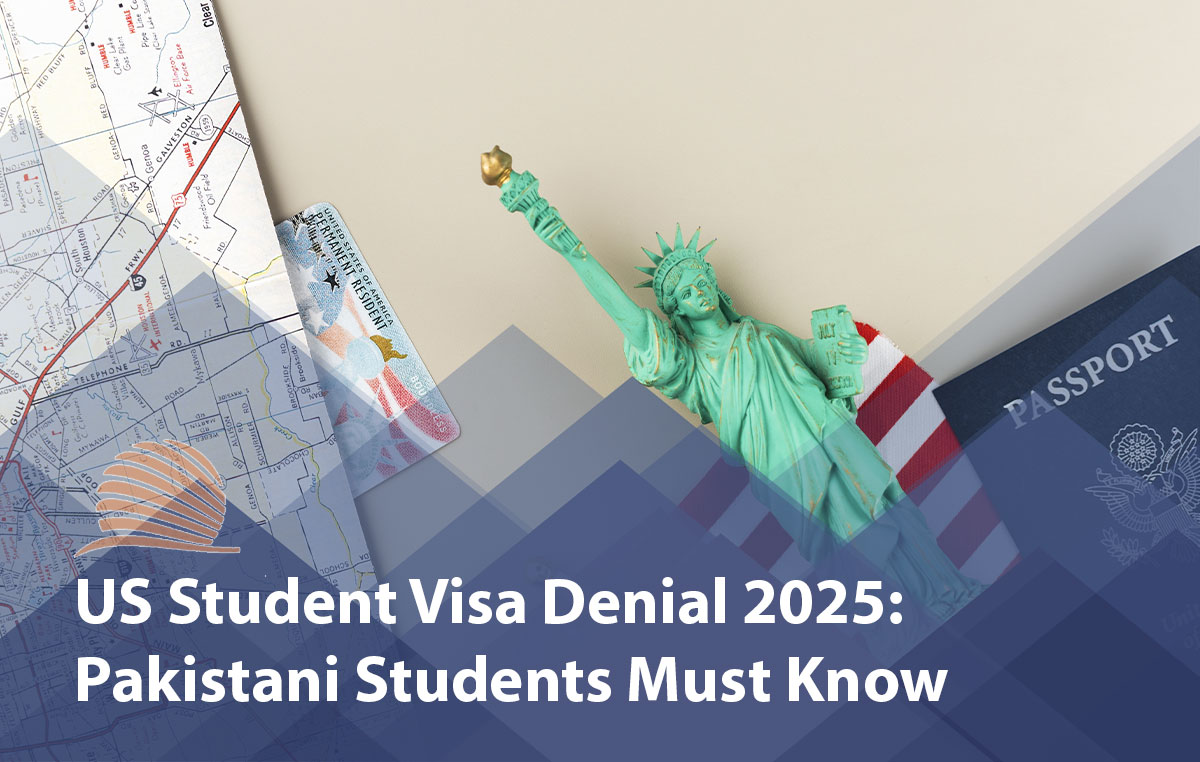
Study abroad expert advice
Don't waste time! just fill the form to get help.
Studying in the United States is a dream for thousands of Pakistani students. However, recent updates in U.S. visa policies have made it clear: student visas can be denied if applicants fail to demonstrate plans to return home after completing their studies. Understanding these rules is crucial for a successful F-1 or J-1 visa application.
Why the US Is Tightening Student Visa Rules
The U.S. government has increased scrutiny of student visa applications to ensure compliance with non-immigrant intent rules. Simply put, consular officers must be convinced that the applicant plans to return to their home country after studying.
This measure affects Pakistani students, along with other international applicants. The visa interview process now emphasizes:
- Evidence of strong ties to home country (family, property, or employment opportunities)
- Clear financial stability for tuition and living expenses
- Honest and detailed answers regarding post-study plans
Failure to convincingly demonstrate these factors may result in F-1 visa denial, even if you have admission to a top U.S. university.
Check: Simmons University Kotzen Scholarship 2026
Key Factors Leading to Visa Denial
Several factors can increase the risk of a student visa rejection:
- Weak ties to Pakistan: If consular officers doubt your intention to return home, your visa may be denied.
- Incomplete financial proof: You must provide bank statements, scholarship letters, or affidavits to prove you can afford tuition and living expenses.
- Unclear study plans: Your choice of university or program should logically align with your future career prospects in Pakistan.
- Post-study immigration plans: Avoid suggesting long-term U.S. residency or work without proper authorization during the interview.
Tips for Pakistani Students to Increase Visa Approval Chances
To maximize the chances of U.S. student visa approval, Pakistani students should:
- Highlight home ties: Show family, property, or a return job offer to prove you will return after your studies.
- Prepare strong documentation: Admission letters, transcripts, financial proofs, and scholarship certificates.
- Practice clear interview responses: Answer all consular questions honestly and confidently.
- Understand visa rules: Stay updated on changes, including additional requirements like social media disclosure in 2025.
Understanding Optional Practical Training (OPT) and Post-Study Work
Many students hope to work in the U.S. after graduation through Optional Practical Training (OPT). While OPT remains available, consular officers may consider your long-term U.S. work plans when assessing your non-immigrant intent. Having realistic, home-country-focused career goals can strengthen your visa application.
Upcoming Policy Changes
Legislation like the DIGNITY Act may alter visa rules in the future, potentially relaxing the requirement to prove plans to return home. However, until such changes are implemented, Pakistani students must prioritize showing strong ties and credible post-study plans.
Conclusion
For Pakistani students aiming to study in the U.S., the key takeaway is clear: admission and finances alone are not enough. Your plan to return home, home ties, and credible career goals are equally critical for F-1 visa approval.
By preparing thoroughly and staying informed, Pakistani students can successfully navigate the U.S. student visa process and achieve their dream of studying in America.
Related News
Consultants for United States
-

Nsa consultants & legal advisors -
.jpg)
Heds international -

Mr consultants -

Education links -
Muhammad Akram ch (CEO)logo hcs (1).jpg)
Hadi consultancy servicess -

Abn overseas education -

Fes higher education consultants pvt ltd. -
.png)
Education fort consultancy pvt. ltd -
.png)
Career o'clock -

Bada global education (pvt) ltd -
.png)
Edfolio international education counselors -
 (1).jpg)
Aspire link consulting pvt limited
Latest Scholarships
-
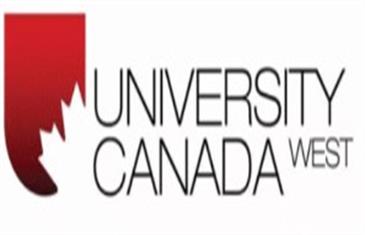 Canada
CanadaUCW Scholarships 2026 Announced for International & Local Students
-
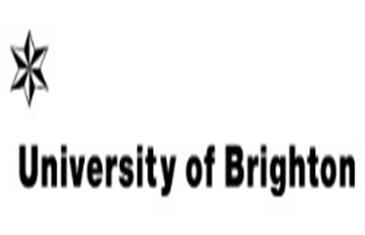 UK
UKShine On and Off the Field University of Brighton Sports Scholarships 2026–2027
-
 USA
USATheDream.US National Scholarship 2025–26: A Beacon of Hope for Dreamers
-
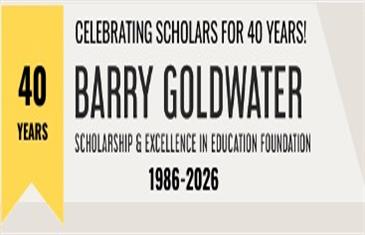 USA
USABarry Goldwater Scholarship 2026 USA – A Premier STEM Award for Outstanding Undergraduates

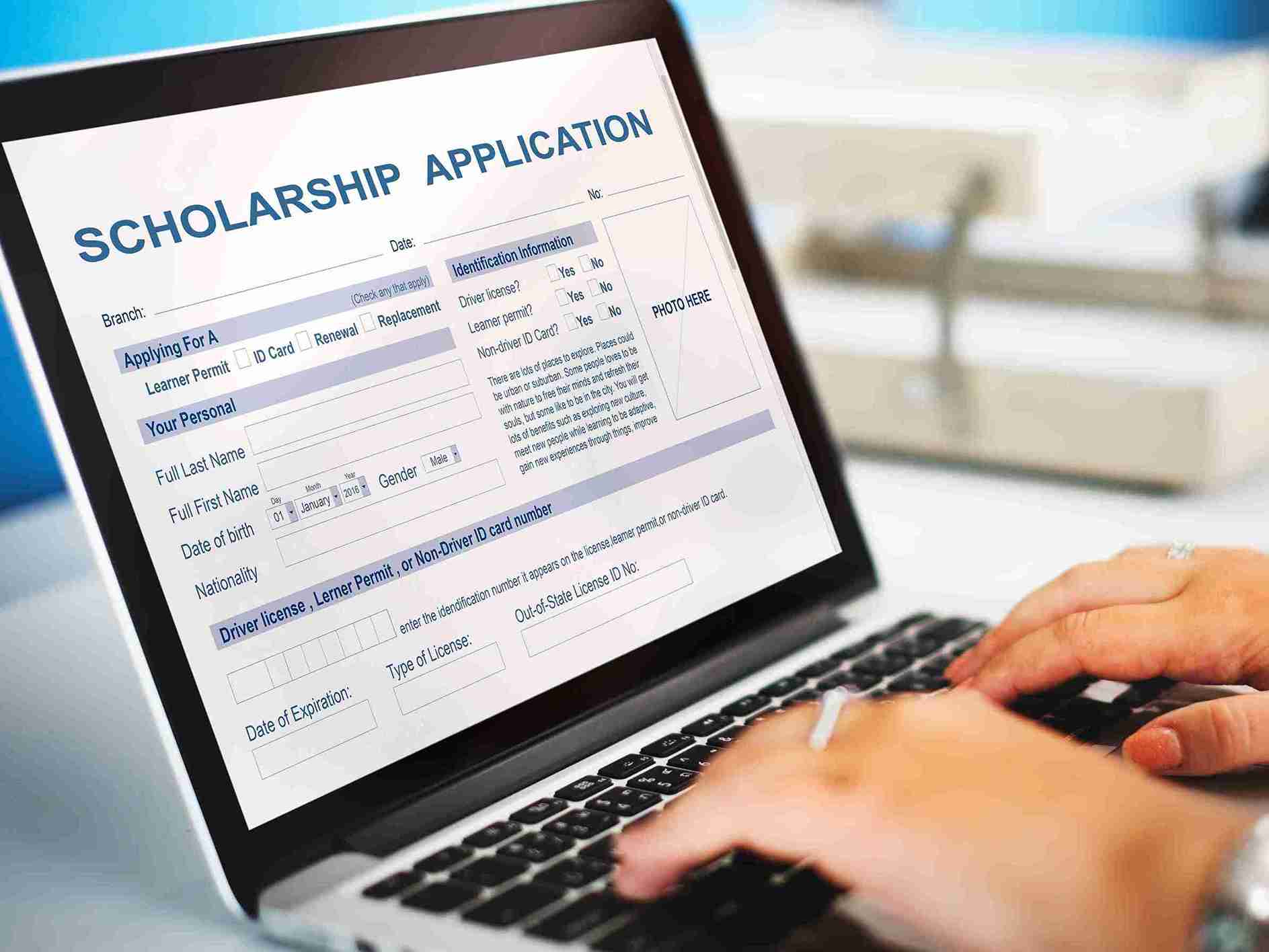

_11zon.jpg)
.jpg)


_11zon.jpg)

